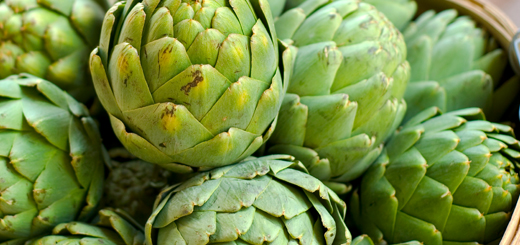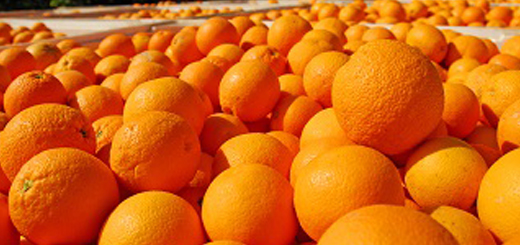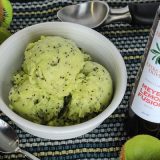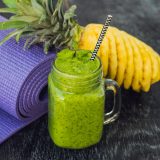In the Store with Sigona’s Featuring: An Egg is Not Just and Egg
An Egg is Not Just an Egg
Diane Rezendes, food writer
My gran’ma, Katie Brennan, grew up on a dairy farm in the west of Ireland. When she was young and single, she immigrated to the US – specifically, Somerville, Massachusetts (back then, best known for its slaughterhouses and triple-decker houses). From the time she arrived at the Port of Boston, she never found an egg fresh enough to suit her: my mom said she probably wouldn’t have thought it fresh enough unless she saw the hen lay it right in front of her.
I never understood her quest: to me, an egg was an egg was an egg. Until about ten years ago, when I visited the tiny town of Hooks in east Texas, just a stone’s throw from the Arkansas state line. At a roadside breakfast place, I ordered my usual: scrambled with potatoes, toast and bacon.
It was nothing fancy. And it was incredible. I couldn’t stop talking to my husband about the eggs.
The waitress’s reaction? “Why, honey, ain’t you never had a fresh egg before?” Pointing her order pad toward the back of the building she said, “Yes ma’am, that egg was laid this morning, right out there.”
Now I understood what my gran’ma was looking for all those years.
Now I – and we – don’t have to go to the farm to get a fresh egg: with the rise of locavore eating and a trend toward more sustainable farming practices, we can enjoy fresh eggs that taste the way my gran’ma (and yours, most likely) would appreciate.
If you buy pastured eggs, you can see the difference right away: the yolks are a deeper color, the whites firmer, and the taste, richer. And they are better for you than eggs from large commercial “factory” operations: higher omega-3 fatty acids, more vitamins A, B12, folate, and E – and even a third less cholesterol.
By the way, just as with the label ‘natural,’ there’s no federal regulation that covers the use of terms like “pastured” or “cage free.” A chicken may be cage free but go outside. And “pastured” may mean only that the hen has access to a little patch of grass or dirt. As always, caveat emptor – buyer beware.
Here at Sigona’s, we are so pleased to carry true pastured eggs from two farms: Alexandre Kids in Crescent City and Marin Sun in Point Reyes. At these two family farms, the hens spend most of the day in open pasture, hunting and pecking at grasses and seeds and finding avian treats like worms and bugs, just as nature intended. And at night they sleep in their coops, safe from nocturnal predators.
At Marin Sun, rancher-owner David Evans was a pioneer: he was the first to sell pastured eggs in the Bay Area. And at the Alexandre Kids farm, chickens live in mobile coops – ‘eggmobiles’ – which are moved to a different section of pasture a couple times a week so the land isn’t over-grazed and the chickens get a wide variety of food to eat.











